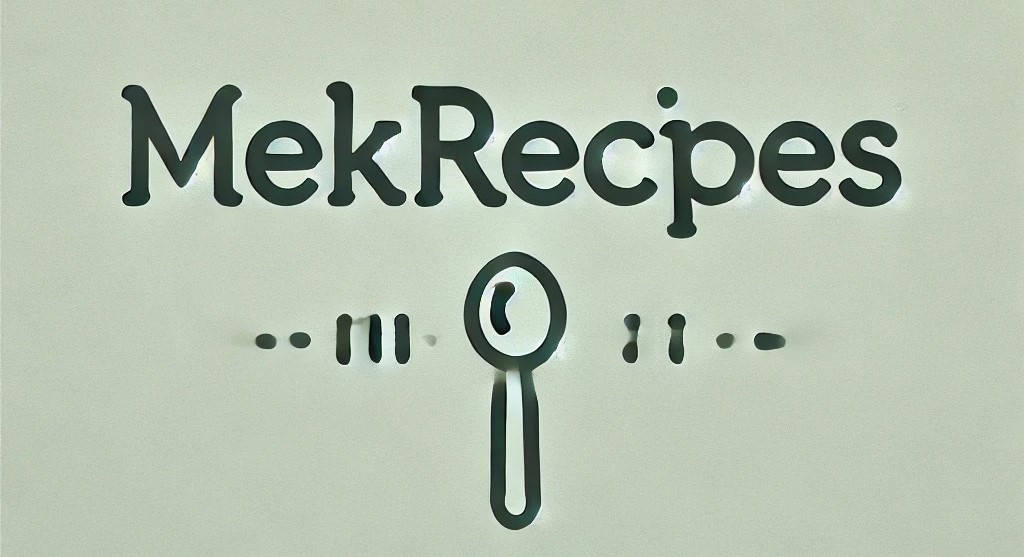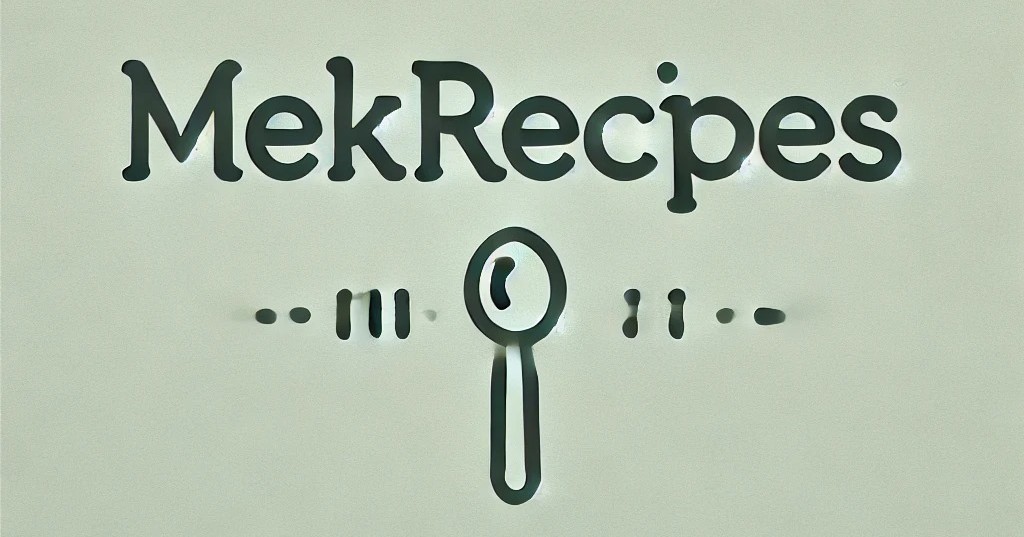Listed below are a number of particular features of vineyards and wineries that make private
property tax compliance distinctive.
By Robert Reitman, CPA
Vineyards and wineries are distinctive of their operations, as they mix agriculture, manufacturing and hospitality. This complexity brings particular challenges in managing private property taxes. Listed below are a number of particular features of vineyards and wineries that make private property tax compliance distinctive.
Obsolescence and Abandonment
Continued taxation of out of date or deserted property is without doubt one of the most typical points for vineyards and wineries. It’s commonplace to see outdated tractors, farm tools or different equipment sitting unused on winery land — typically for many years.
Though these belongings are now not practical and are usually not being depreciated on the books, they proceed to look on the private property tax rolls and are topic to tax. Winery homeowners should take motion to take away out of date objects from each their property and property tax renditions (private property returns).
Asset Classification
One other problem in managing private property taxes for vineyards and wineries is appropriately figuring out and classifying the property sort. The classification determines whether or not the asset is taken into account depreciable or actual property, as every has completely different tax implications.
For instance, cellular tools — corresponding to tractors used within the discipline and carts for transporting grapes to the processing middle — is classed as private property and assessed instantly upon being positioned in service. Alternatively, in California, vines planted within the floor are usually not assessed till three years after the season of planting in winery kind, giving them time to develop into productive.
Storing wine or grape juice in massive vats provides one other layer of complexity. Whether or not these vats are categorized as actual property or private property is determined by whether or not they’re affixed to the bottom or movable. In a tasting room, there could also be tables, racks and stools, all of that are depreciable property. Nevertheless, if the room has a built-in bar, it’s thought of a part of the constructing, having a for much longer depreciable life.
It takes a deep understanding of the multitude of tax guidelines and the varied varieties of property utilized in winery and vineyard operations to optimize an organization’s tax place.
Know-how
Fashionable wineries may additionally have high-tech tools corresponding to computer systems and specialised equipment that must be listed individually on tax renditions. These belongings typically have shorter depreciation lives, and correct monitoring helps keep away from overpaying taxes.
Exemptions
The wine business advantages from many specialised tax guidelines and exemptions. For instance, adjustments to the California property tax guidelines in 2017 let vineyards write off sure planting prices, corresponding to fertilizer, stakes and wires, quite than capitalizing and depreciating them. Moreover, some California counties provide exemptions for startup vineyards, which might present vital tax financial savings. In the event you (or your tax advisor) aren’t accustomed to these exemptions, they’re simple to miss.
A number of Entities or Places
It’s not unusual for bigger operations to have separate entities for rising grapes and producing wines. An operator may additionally owe tax to a number of jurisdictions if these properties are situated in several cities and/or counties. Staying on high of property tax obligations for numerous entities and places will be complicated and time-consuming.
Assets for Private Property Tax Compliance
Your annual enterprise property tax affidavit — California kind BOE-571-L or BOE-571- A, operation dependent) — is often because of the county on January 1. As soon as submitted, the county makes use of the property tax affidavit to calculate the enterprise property tax legal responsibility.
Many firms keep in mind so as to add new property bought through the yr and take away offered property however neglect to report out of date and deserted property. It’s the property proprietor’s accountability to doc and report out of date objects to stop pointless tax funds. Neglecting this facet of property tax reporting results in overpaying taxes and points throughout audits.
Investing in mounted asset software program may also help enhance accuracy. These instruments observe acquisitions, disposals and different adjustments within the asset base, aiding you to report up-to-date and correct info to the county.
Given the specialised nature of private property tax points within the wine business, you’ll be able to profit from working with a agency that has expertise on this space. Their data will be invaluable for understanding the varied private property tax exemptions accessible to vineyards and wineries.
___________________________________________________________________

Robert Reitman, CPA
Robert Reitman leads MGO’s Winery and Wineries business observe, providing in-depth tax consulting for inbound worldwide operations, enterprise planning, and property and belief methods. With a robust observe document, he has helped startups and worldwide firms thrive within the U.S. market and efficiently dealt with tax controversy for wine and spirits importers. For inquiries, please contact him at rreitman@mgocpa.com or +1 (516) 308-0027.



